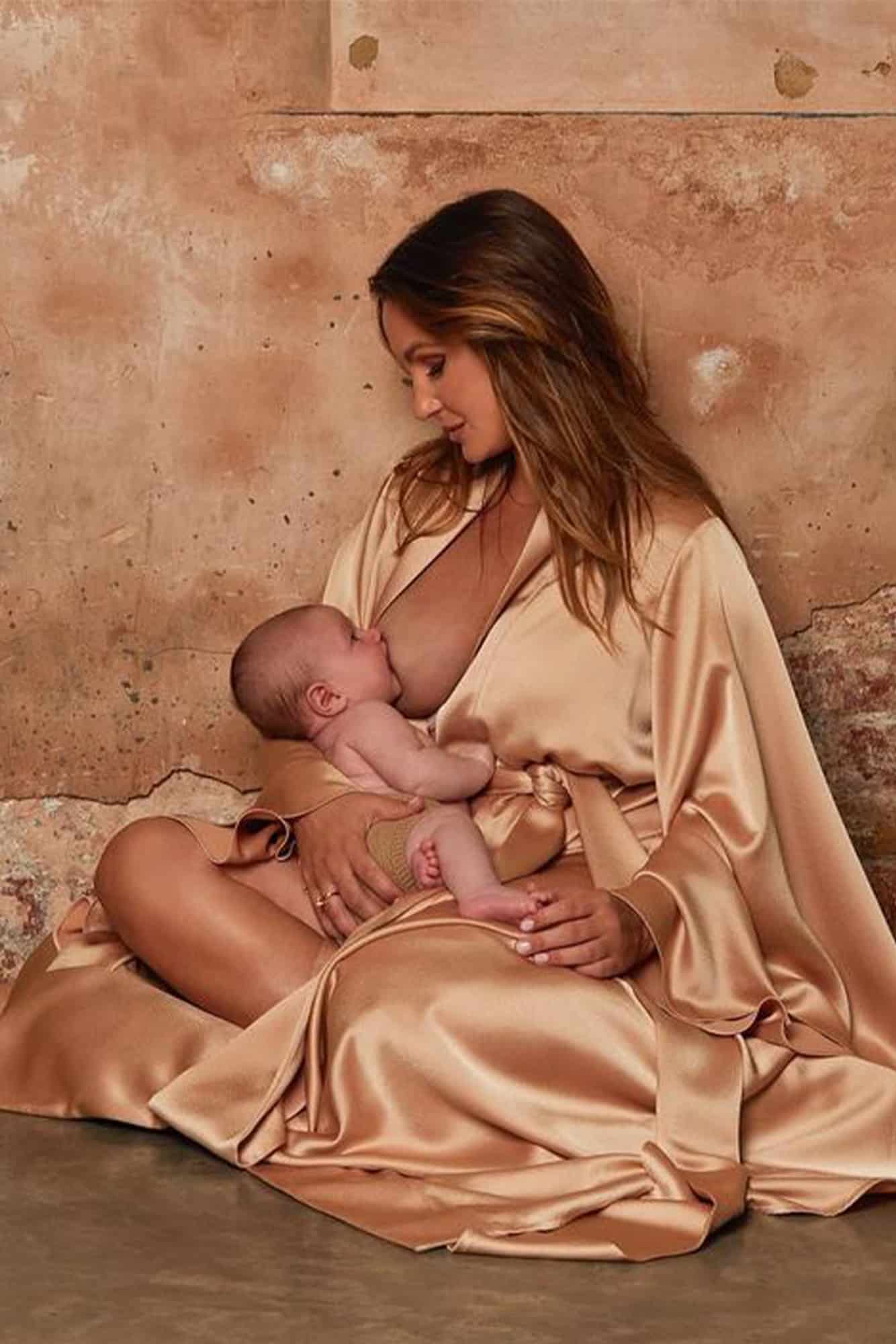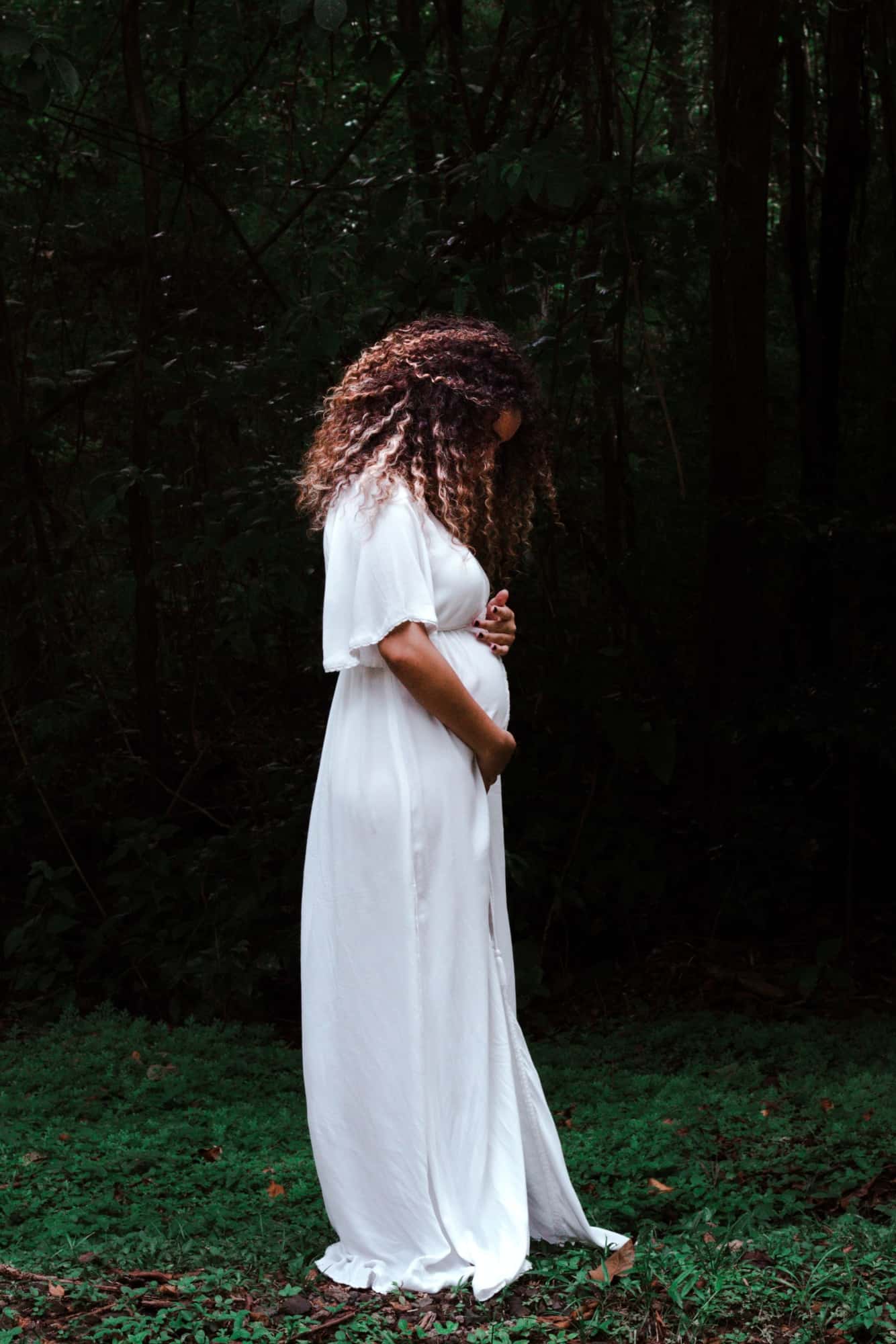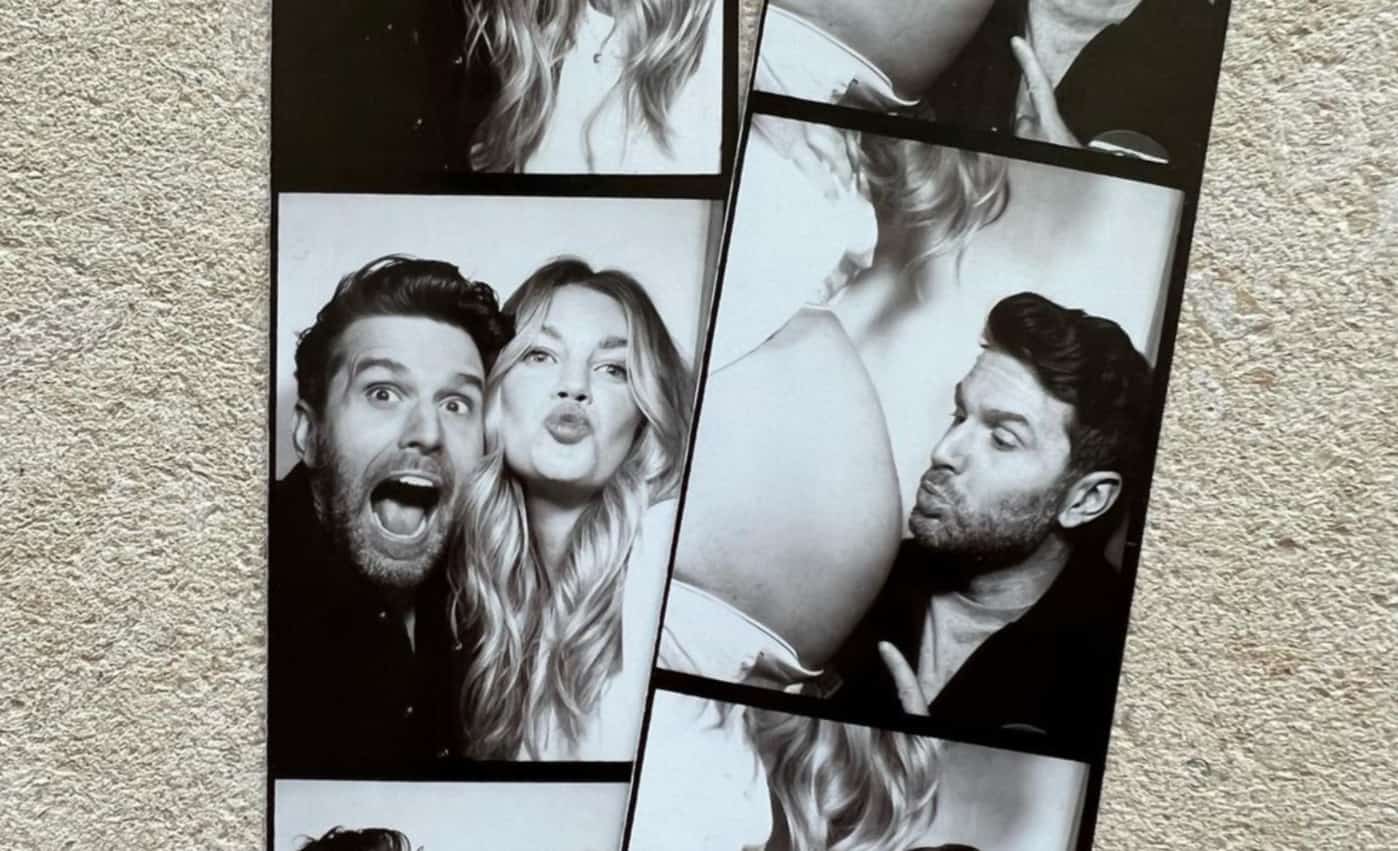Welcoming a child is a challenging time for every family but digital creators face an extra layer of complication, with as yet no simple solution: the decision to take maternity leave means risking losing income, followers and relevance.
As of 2023, 77% of influencers are women, 86% of women use social media for purchasing advice, more women than men follow influencers, and women are more likely to try a product via influencers – in the creator economy, ignore women and their needs at your peril.
In the UK, women in employment are entitled to statutory maternity leave of 52 weeks (which can be extended either by unpaid leave or annual leave, depending on each individual’s situation) and statutory maternity pay from their employer, for up to 39 weeks. Partners are allowed to take up to two weeks’ paid parental leave.
Those who are self-employed can apply for maternity allowance – a benefit paid weekly for up to 39 weeks by Jobcentre Plus – but taking leave of any duration generally means taking an income hit.
For creators, whose success is reliant on regular posting to satisfy platforms’ algorithmic demands, this poses a major quandary – should they prioritise their business or their baby?
Key takeaways:
- Creators are having to choose between maintaining the success of their business or taking the maternity leave they require to rest and care for their newborn
- With creators’ success so reliant on platforms’ algorithms that demand consistent uploading, even taking a few weeks off postpartum can seem like too big a risk
- In the UK, employed women are entitled to 52 weeks of maternity leave but creators are reporting taking off as little as a few days to an absolute maximum of three to six months
- The decision is complicated by whether the influencer has a team to rely on or take care of, the accessibility of childcare and the individual family’s financial circumstances
- Read on to hear about Hannah Witton, Grace Victory, Katherine Ormerod and Flavia Benko’s maternity leave experience and how it affected their businesses, finances and followings
- The creators have also highlighted which brands are good to work with pre- and postpartum and what more companies can do to support new parents
The creators: “I was the primary caregiver and the primary earner”
YouTuber, podcaster, author and sex and relationships educator Hannah Witton gave birth to her first child Rowan in 2022 after about one year of trying to conceive with her husband Dan.
When she announced her pregnancy, she explained to her subscribers that she would be taking a planned three-month maternity leave, a timeframe she had seen other creators take and the maximum amount she felt able to take away from her business.
Once the decision was made, the planning began: Witton saw a career coach to help her make decisions, hired a new person on her team to navigate the process, filmed extra content for her two YouTube channels ahead of time that – depending on when Rowan arrived – could be posted either before the baby was born or post maternity leave, and arranged what her team would be doing while she was off.
“This ended up being a lot of prep for future content and creating process guides for everything we do, from editing videos to scheduling a newsletter,” Witton tells CORQ.
“There is no blueprint for maternity leave when you’re a creator. To be honest, I wish I could’ve taken six months off but I just didn’t think that was possible with maintaining my business as well. Even three months was risky because the longest break I’d ever taken from posting YouTube videos was about two weeks.”
After three months, Witton returned to work part-time, while her child was in part-time childcare, before gradually working her way back up to working full-time.
“I felt like part-time was the best of both worlds – getting a break from working and getting a break from parenting. But the other side of that is actually sometimes you find you get a break from neither and you’re trying to juggle too much,” she says.
For lifestyle vlogger Grace Victory, maternity leave with her daughter Kamiko in late 2022 came with additional trepidation. While pregnant with her first child in December 2020, Victory contracted Covid-19. Due to complications, her son Cyprus was born prematurely and she was placed into an induced coma for three months.
“Kamiko was my second child but my first newborn experience. I found postpartum extremely hard both mentally and emotionally,” Victory tells CORQ.
Kamiko was due in October and, with December being such a busy time for the industry, the idea of taking time off postpartum gave Victory “FOMO” and prompted anxiety about becoming “irrelevant” and losing partnership opportunities.
“Luckily my team reminded me of the importance of slowing down or stopping when that feels appropriate and giving birth is a very valid reason for taking time away from work,” she says.
“I definitely knew I couldn’t take off more than a few months because if I don’t work, I don’t get paid and I need money to stay alive. So, I took a realistic amount off that I could manage and then slowly came back to work.”
Many creators are a one-man band and end up coming back to work almost immediately because there isn’t a team to take up the slack.
Lifestyle creator Melanie Murphy has spoken openly about this, saying: “I did start working quite soon after my son was born. I did my first spon [sponsored content] when he was two weeks old. One month off to me was such a long time because if you were to take too long off in this industry, it’s like ‘what am I coming back to?’ My husband was the childcare because he was on furlough during the lockdown so I was the primary breadwinner and I had to get back to work.”
This situation is one author and journalist Katherine Ormerod can relate to. She took four weeks of full maternity leave with both her boys and just one week off when she lost a baby at 21 weeks, though she says she was returning mainly due to writing deadlines, rather than collaborations.
“When both my kids were born, I was the breadwinner and there was no way I could not earn for three or even four months,” she tells CORQ.
“I was so painfully worried about being judged for using any kind of childcare even though I don’t have any family nearby. The second time, I had a mother’s help from six weeks and an at-home part-time childminder from three months.
“I sleep trained both my boys by four months because there was no other option. I was the primary caregiver and the primary earner and the second time round it was in the depths of the pandemic and my partner was furloughed. Survival is the only word.”
As well as being a lifestyle creator, Flavia Benko also works full-time as a flight attendant. In this industry, women are grounded as soon as they alert the airline of their pregnancy, and Benko’s circumstances meant content creation became a bonus.
“Finances were tough but we made it work. Content-wise it actually got better as motherhood chats and videos come easy to me,” she tells CORQ.
“Creators tend not to have a break at all – a week off content and your engagement is so bad it takes weeks to recover.
“If I were to have another child, I would take as much maternity leave as I could, to give the new child all of me.”
The businesses: “Views are down, followers are down, downloads are down”
Witton recently posted her annual income breakdown video, this time titled I Lost One Third of My Income Since Having a Baby. In it she shared that she had noticed an increase in Instagram followers, YouTube views and podcast downloads during her trying to conceive and pregnancy period, but had seen a decrease since giving birth, potentially due to her decision not to share her child’s face online and protect his privacy.
“It’s like people are really invested in the pregnancy and hypothetical baby, but then as soon as you become a mum, you’re irrelevant, especially if you’re trying to balance sharing your life but not sharing your baby,” Witton tells CORQ.
“Taking time off and then coming back to work part-time has impacted my ability to make money so revenue is down. None of this makes me regret anything but it is the frustrating reality of a small business owner who dares to have a baby.”
In addition, Witton explained that her decision to take maternity leave and stop posting on her YouTube channels resulted in the algorithm (which priorities consistent uploading) “punishing” her and a subsequent loss in revenue, all while both her personal and business expenses have increased.
“When you are your business, taking time away from your business is going to impact the business. There’s no way around it,” she says.
“You have to make the choice – either you work twice as hard to make up for the losses or you work less and accept the consequences. It’s impossible to know what the right choice is for you until you make it and then watch what happens.”
Witton has had new partnership opportunities since becoming a parent but says there is also a whole market of brands that won’t work with her because she talks about sex and taboo topics online, doesn’t show her child’s face, and parenting content isn’t her main vertical.
Meanwhile, Victory also noticed a dip in her finances and her followers because of her maternity leave and says money and the algorithm were the key factors that concerned her about taking the time away.
“We all know in order to be seen online we need to post daily so there is so much pressure there,” she says.
“I don’t tend to focus too much on follower numbers and it’s a privilege [to feel that way] because the more you have, [generally] the more money you can earn.
“Kamiko is one next month and I am only now finding my feet again with life in general – including work. I still don’t go to many events or find time to meet with brands for lunch or a coffee, but I have time to create, which I am so grateful for.”
For some, losing income to any degree can have huge real-world consequences, as Ormerod found after the birth of her first child.
“I run a limited company so if you take any serious time off of billing for maternity, it has a major impact on your annual earnings, which has a huge knock-on impact on your ability to get a mortgage,” she says.
“We almost couldn’t remortgage back in 2019 because my accounts showed a 40% downturn in profits. So the second time around, I was so conscious of billing and held off some invoices until the next tax year to tide my profits over.”
According to Omerod, the only solution is going back to work and organising childcare, whatever that looks like for you.
“I feel very lucky in so many ways because I am so physically present in my children’s life and at the same time have hit career highs with my babes in arms – but I often lose my mind,” she says.
“I never want to be a poster woman for doing or having it all. It is possible to do well in multiple areas of your life, though rarely at the same time.”
The brands: “Even with deadlines, my children will always come first”
To brands, the message from creators is simple: Don’t ignore new parents but remember the adults are only human, the children are unpredictable, and there will never be a one-size-fits-all answer.
“From the brand perspective, it’s kind of a lose-lose situation,” Ormerod acknowledges. “If they ask too much of a new mum, they are emotionally letting them down, if they don’t ask enough, they are financially letting them down. The problem is that maternity is so incredibly specific and individual.
“If my partner had been earning what he earns today, I’d be taking six months off the internet (though I’m not sure how the lack of distraction would have impacted my mental health!), but I needed the work.”
Witton has been a creator for more than a decade and says she has noticed recently that turnaround times for campaigns have gotten much shorter.
“Brands will reach out saying ‘we’re doing a campaign, we want to work with you and we need content live in three weeks’. Sure, that might seem a long time, but most of my weeks are filled with producing content for my two YouTube channels, podcast and my Patreon. I have a team and a production schedule and so three weeks is not a lot of time for us. We plan things a lot further in advance.”
There have also been instances when her son Rowan has been ill and therefore home from childcare, and Witton and her partner have had to navigate work around caring for an ill child.
“I would hope that brands would be understanding about deadlines potentially having to move when things like that happen, which are completely out of your control,” she says.
Victory agrees and says some brands seem not to realise how often a parent’s day is dictated by their children.
“If they need me, they are unwell, childcare cancels or they are simply just having a hard time – then work has to wait. Even with deadlines, deliverables and contracts, my children will always come first.”
Brands highlighted as good to work with as a new parent
- Hannah Witton: “CHEEX (an ethical porn site and sexual wellness platform) and Hello Fresh – I’ve done a lot of work with both of them during the past year and they always come back asking to work with me and are very easy to work with and quick with approvals and feedback.”
- Grace Victory: “My 1st Years, Boots, Sky, Aveeno, Pandora and Elvie.”
- Katherine Ormerod: “John Lewis has supported me in a way I feel forever indebted to the team for. After you have babies and your body and esteem is in flux, you’re potentially not the most straightforward fashion plate and your audience doesn’t engage in the same way. It takes a beat to get your mojo back and JL have collaborated with me for nearly six years, in and out of my mojo.”
Top tips for brands looking to work with new parents
- Hannah Witton: “Don’t just ask parents to work on brand campaigns that are related to babies/parenting. What are their other passions/interests/niches? Get them to work on those campaigns too.”
- Grace Victory: “Try to be understanding, lenient and flexible and oh my god please pay on time because DO YOU KNOW HOW EXPENSIVE RAISING KIDS IS?”
- Katherine Ormerod: “For long-term partnerships with brands, it is a very kind thing to offer a new mum a partnership a month into her experience of motherhood with a caveat saying that the budget will still be there for them a few months down the line. The loyalty that kindness generates is for life.”
- Flavia Benko: “Allow the parent to tweak the briefs as every pregnancy is different and children are so unpredictable. Brands think free gifting is what a mum needs when really on-time payments would be a better option.”
By Lauren Harris, CORQ editor. Picture credit: Grace Victory










